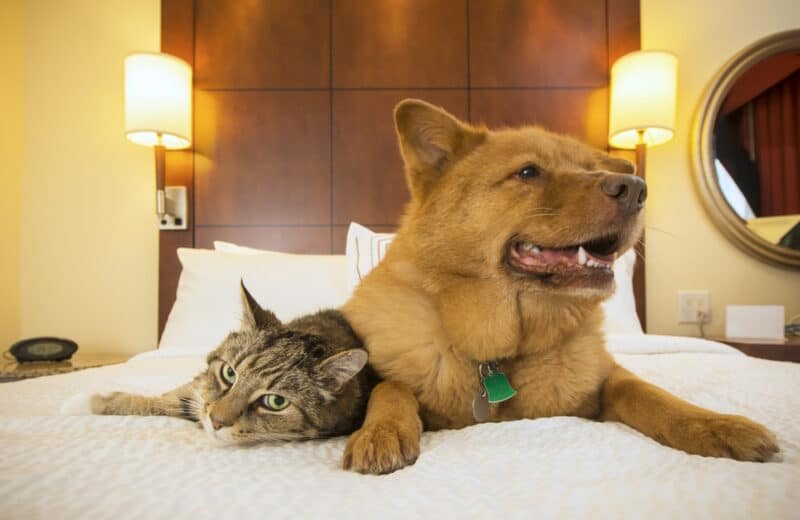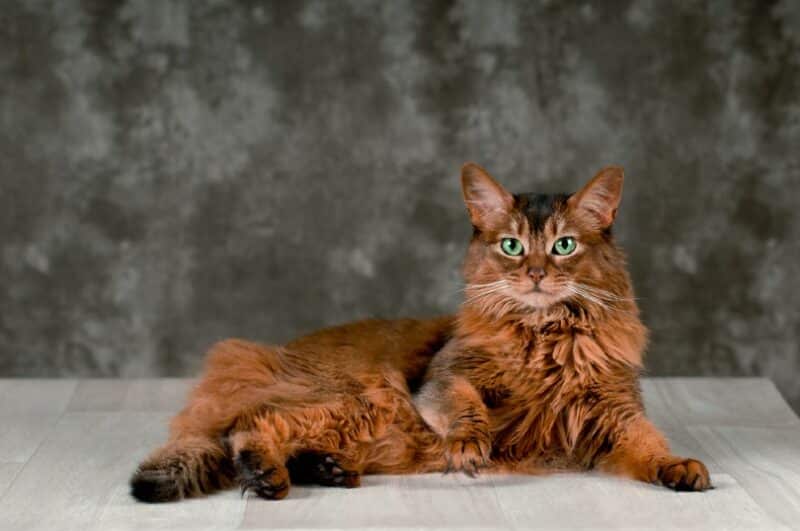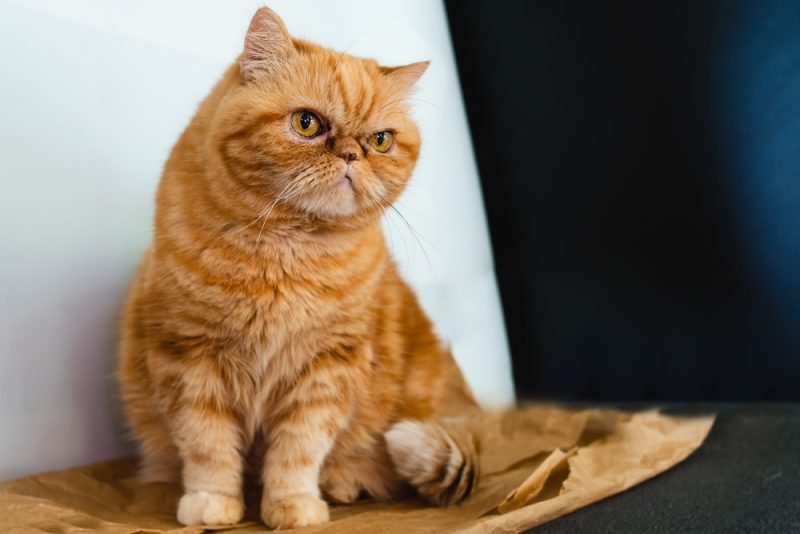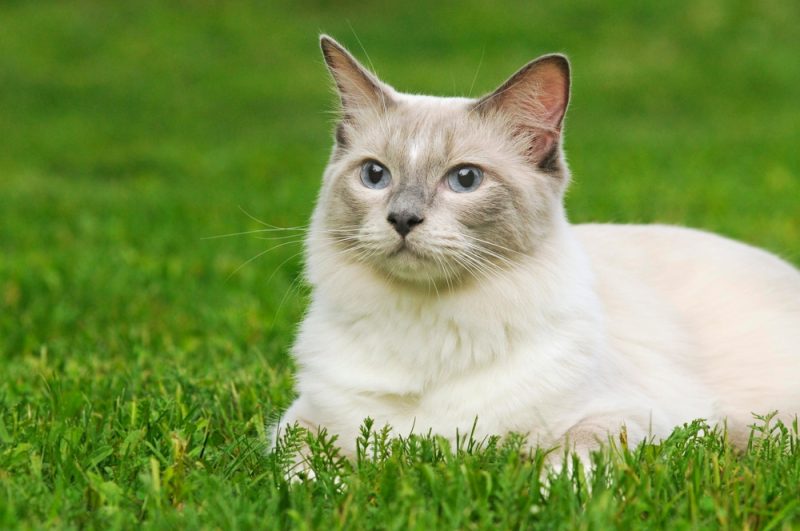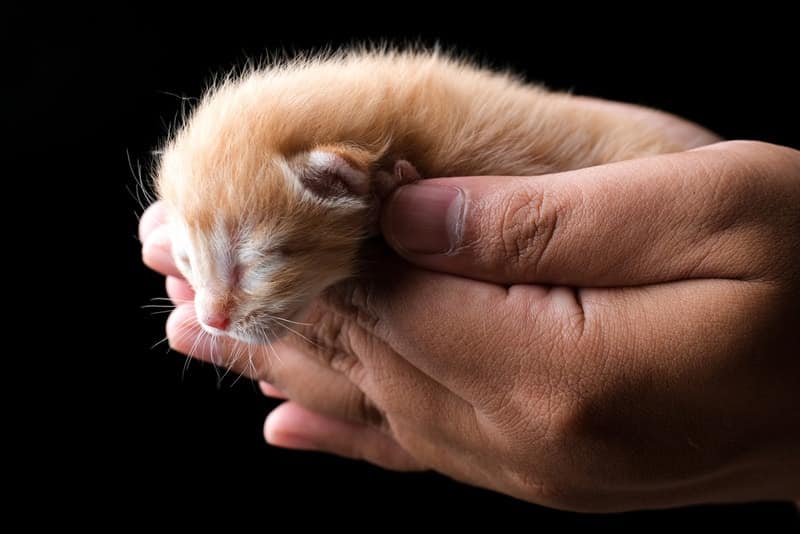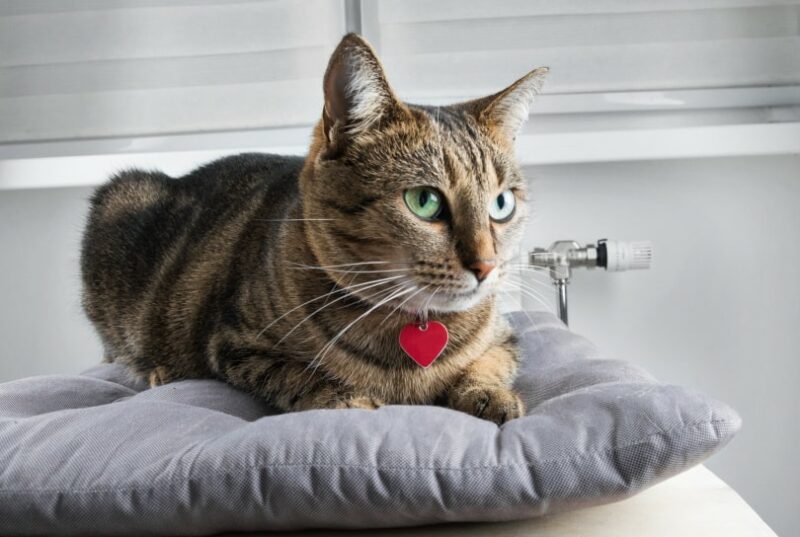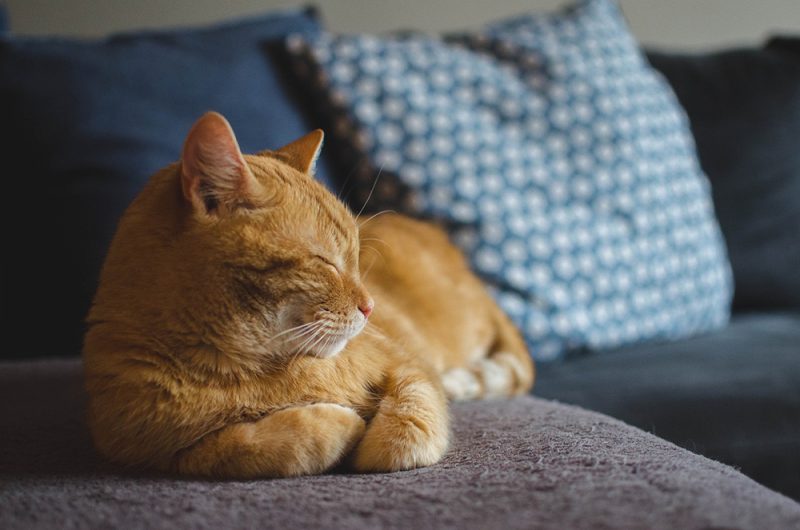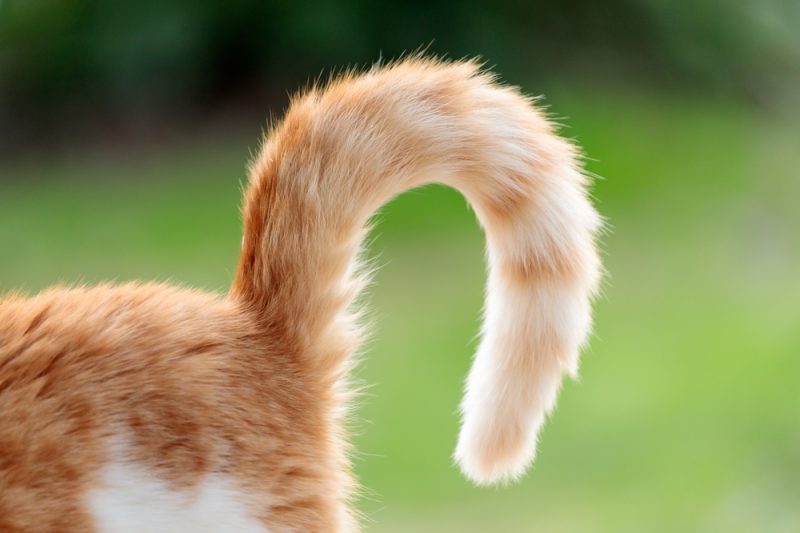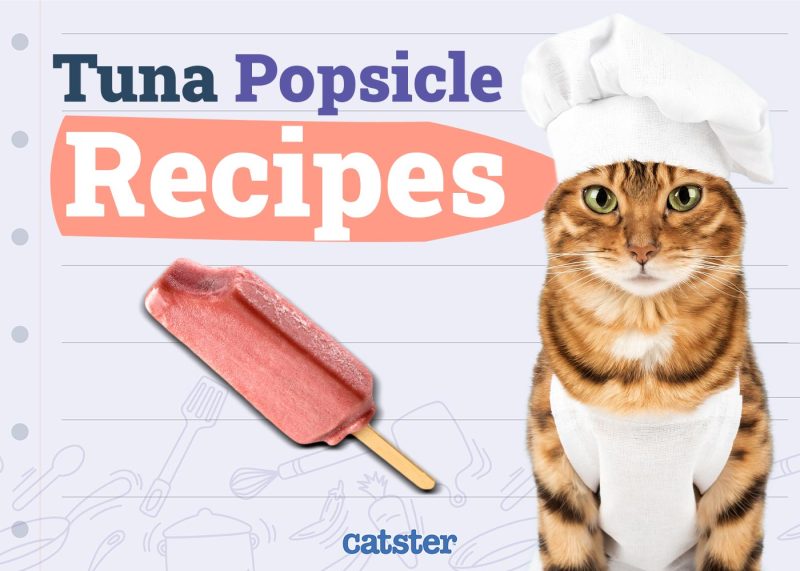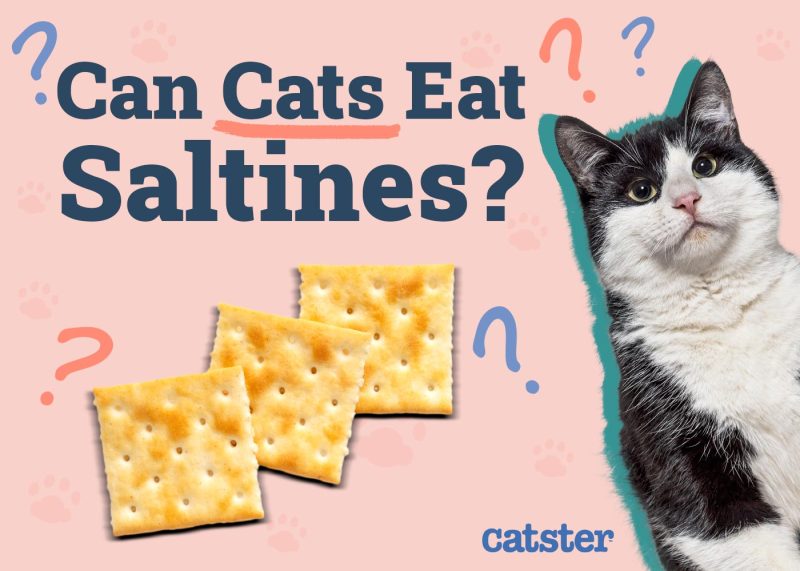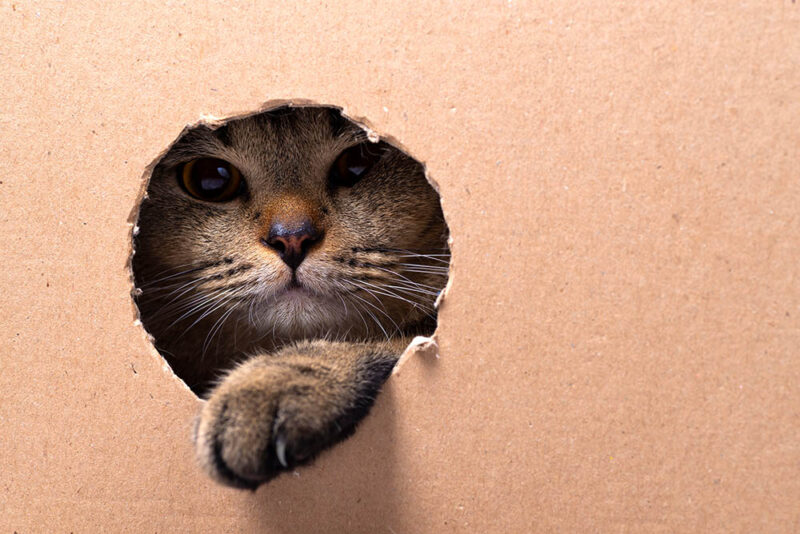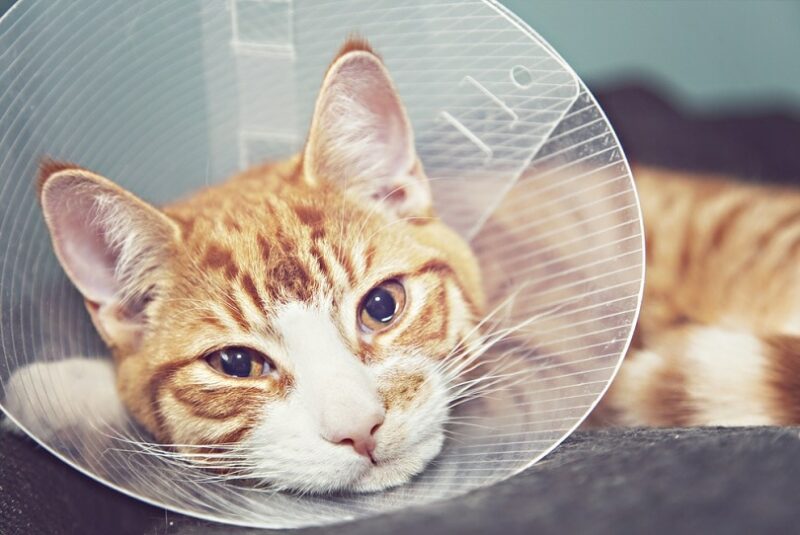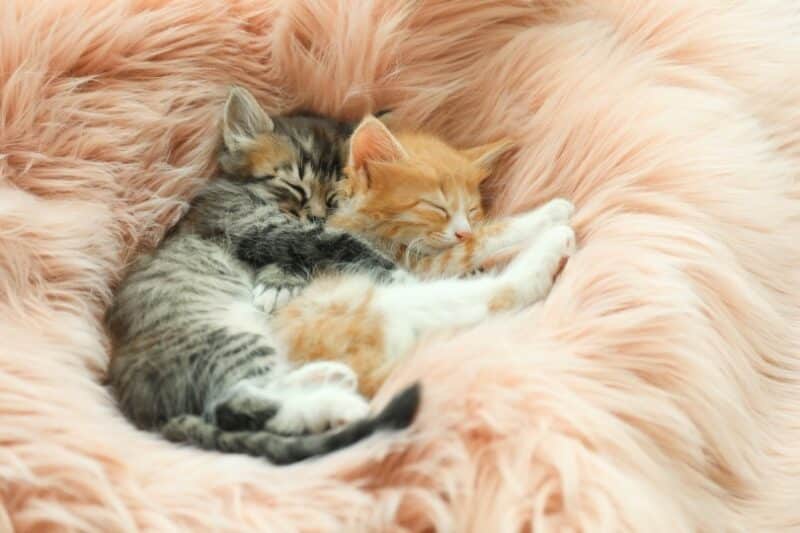Over 37% of households in the United States have invited a cat into their homes; that is over 45 million households! About 63% keep their pets indoors exclusively. That’s a good thing, too, since it gives owners a heads-up if something is wrong, such as unusual litter box behaviors. Cats are creatures of habit. They also have distinct preferences for cleanliness, litter type, and the number of boxes.
The causes of litter box issues are often either behavioral or medical in origin. While the former may not seem as serious, they are nevertheless unsettling. Unfortunately, these problems can increase a pet’s chances of being given up over four times if it’s a weekly occurrence. The latter type can become serious if left untreated.
Straining and failure to eliminate require a physical examination and tests to determine the cause and course of treatment. Many also make a pet vulnerable to a recurrence. Whatever the cause, it’s vital to determine why your cat is having problems using its litterbox, no matter what the reason.

Types of Litter Box Issues
Elimination problems are serious and often require veterinary intervention. We’ll begin by clarifying the issue types to help you take the appropriate next steps. A cat may go to its litterbox and not use it. It may be something as simple as it is too long between maintenance sessions. If you’ve changed the kind of litter you buy, your pet may refuse to use it if the texture is different or it has a strong scent.
The problem may also occur because your cat can’t use it, whether it’s too deep or too small. If your kitty is arthritic, it may not be able to climb inside a box with tall sides. The same thing may occur if you replace the existing one with a box that has a hood or a top entry. Cats don’t like changes to their routine and might avoid using a litter box to express their displeasure.
Having more than one pet in the house often means more than one litter box. You’ve probably noticed the social hierarchy at work if you have two or more cats. It’s usually best resolved with one box per animal plus one additional one.
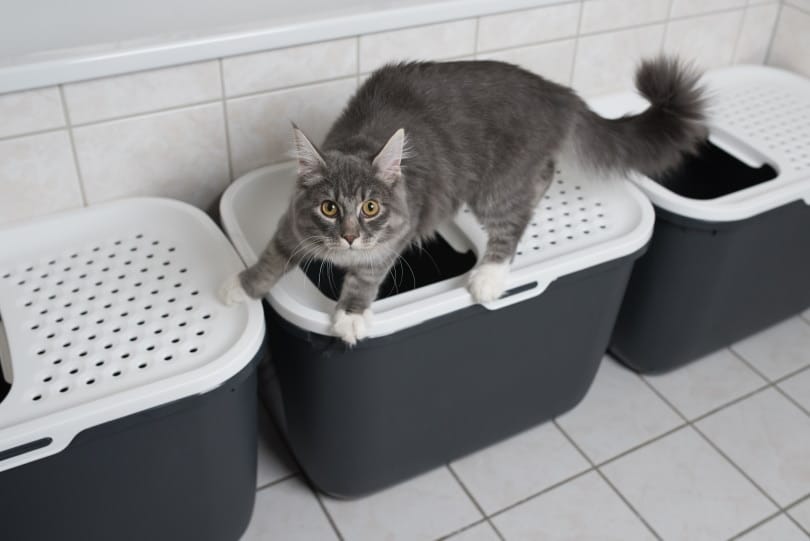

The 7 Medical Reasons Your Cat Goes to the Litter Box But Nothing Happens
Cats are notorious for hiding medical conditions until they can’t keep them from you any longer. It’s a survival instinct not to show their vulnerability. You may learn that your kitty has been ill for a while before the signs become apparent.
1. Urinary Tract Infection (UTI)
Urinary tract infections (UTIs) are bacterial conditions treated with antibiotics. They occur when pathogens invade the usually sterile environment of your cat’s urinary system. UTIs are as painful in pets as they are in people. Typical signs include:
- Straining to urinate
- Small amounts of passed urine
- Inappropriate elimination
- Blood in your pet’s urine
Prevention is the best way to avoid future issues. That means scooping the litter box daily and providing fresh litter as needed. We also suggest emptying it completely at least every two weeks and thoroughly cleaning it. While cats get most of their moisture from their food, you should always provide fresh water daily.
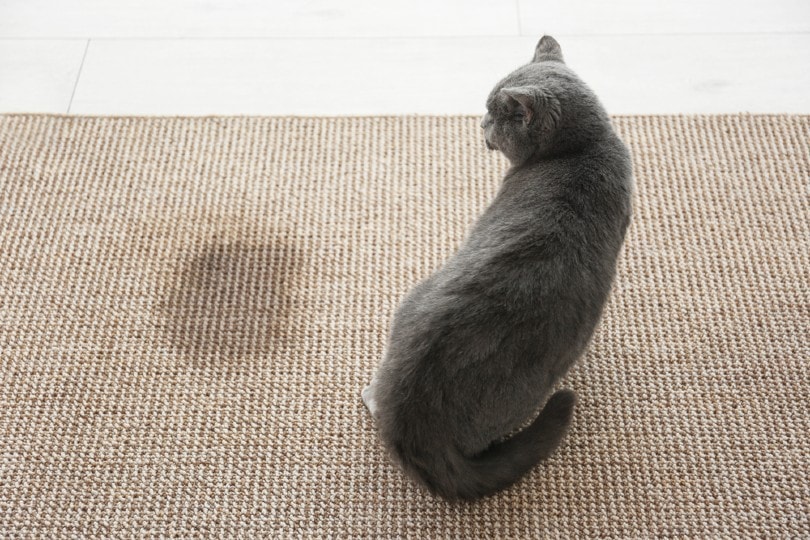
2. Feline Lower Urinary Tract Disease (FLUTD)
Feline lower urinary tract disease (FLUTD) is a catchall term that describes several conditions that vary in severity and causes. Signs, such as the inability to void urine in the litter box, are common with many of these disorders and not pathognomonic (indicative of one specific disease). Your veterinarian will typically start with a urinalysis and perhaps bloodwork to rule out various possible causes of the problem. Treatment depends on these findings.
3. Feline Idiopathic Cystitis (FIC)
The term idiopathic means a condition that either has an unknown cause or is peculiar to an individual. Cystitis describes inflammation of the bladder. FIC is sometimes challenging to treat since environmental factors like stress may play a role in its development. Avoiding abrupt routine changes, including the type of litter you buy, can make your pet feel more comfortable and less anxious.
If you’re concerned about your pet’s well-being, we recommend you contact a veterinarian.
If you need to speak with a vet but can't get to one, head over to PangoVet. It's an online service where you can talk to a vet online and get the advice you need for your pet — all at an affordable price!

4. Urinary Stones
Urinary stones (or uroliths) are crystal mineral deposits that can form in your pet’s urinary tract. The two most common types are calcium oxalate and struvite stones. The latter consists of chemicals, such as ammonia, phosphorus, or magnesium. They can irritate the urinary tract and set the stage for secondary bacterial infections. As you may surmise, it is a painful condition that may require emergency treatment.
Special diets can reduce the formation of struvites and help prevent recurrences. It’s worth mentioning that some plants, such as philodendron, contain calcium oxalate, too. Ingestion can cause oral irritation.
5. Urethral Obstruction
Uroliths or urethral plugs can cause an obstruction and interfere with urination, most often seen in male cats. A cat with this condition will show similar signs, such as going to the litter box often and straining when urinating. An obstruction requires immediate medical attention. It can affect kidney function and may cause severe electrolyte imbalances.
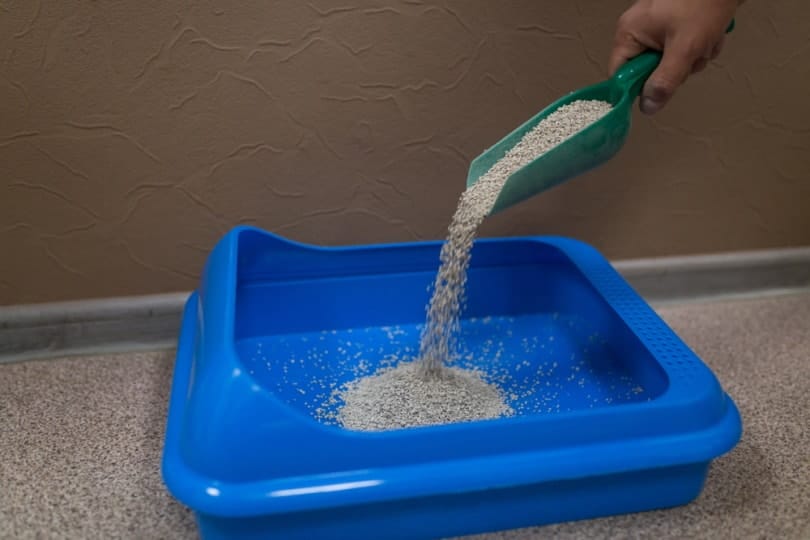
6. Constipation
Constipation can occur if your pet frequently eats hard materials such as animal bones. Cats typically don’t drink a lot of water since they get most of the necessary moisture through their food. Nevertheless, it’s imperative to have fresh water available for your kitty at all times. Offering your pet a high-fiber diet can also prevent recurrences.
7. Intestinal Obstruction
An intestinal obstruction occurs if your cat eats something indigestible, causing a blockage. The condition is often painful. Your usually affectionate pet may become aggressive. It may hide, which is always a red flag for felines. Among other signs, your cat may become lethargic, vomit repeatedly, refuse to eat, or have trouble defecating. As with urethral obstructions, intestinal obstructions due to foreign body ingestion signify a medical emergency.

Summary
Litterbox issues can have behavioral causes. After all, cats have preferences, too. While you can correct some with simple modifications, some medical conditions can induce inappropriate urination. We strongly urge you to contact your vet if you notice your kitty having any difficulties using the box. Prompt action can help prevent it from becoming more serious and potentially life-threatening.
Featured Image Credit: jamesjoong, Shutterstock



